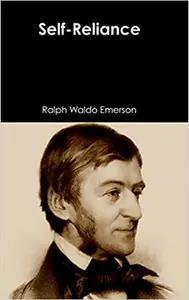Self Reliance: The Wisdom of Ralph Waldo Emerson as Inspiration for Daily Living
By Ralph Waldo Emerson
Category
PhilosophyRecommended by
"Self-Reliance" by Ralph Waldo Emerson is a profound and influential essay that encourages individuals to trust their own instincts and ideas, rather than conforming to societal norms. Emerson emphasizes the importance of finding one's own path and living authentically.
He argues against the pressures of conformity, urging readers to embrace their uniqueness and cultivate their individuality. Emerson believes that conformity stifles creativity, independent thought, and personal growth. Instead, he encourages readers to trust their intuition and inner voice, as it holds the key to self-discovery and fulfillment.
Emerson contends that society often promotes mediocrity and discourages boldness. He urges readers to resist the need for approval and pursue their own ambitions and passions. By being true to oneself, individuals can embody a sense of self-reliance that empowers them to shape their own destinies.
Through his eloquent prose, Emerson explores ideas such as non-conformity, self-trust, self-expression, and the inherent goodness of human nature. He argues that by embracing self-reliance, individuals can tap into their innate abilities and potential, finding freedom and fulfillment in the process.
"Self-Reliance" provokes readers to question their own motivations for conformity and challenges them to embrace their individuality. It serves as a reminder that true success and happiness come from being true to oneself, and that conformity limits personal and societal progress.
Emerson's powerful arguments and thought-provoking insights continue to resonate with readers, inspiring them to forge their own paths and challenge societal conventions. Whether read as a philosophical treatise or practical self-help guide, "Self-Reliance" offers a timeless message that encourages individuals to trust themselves and create a life of authenticity and personal fulfillment.
He argues against the pressures of conformity, urging readers to embrace their uniqueness and cultivate their individuality. Emerson believes that conformity stifles creativity, independent thought, and personal growth. Instead, he encourages readers to trust their intuition and inner voice, as it holds the key to self-discovery and fulfillment.
Emerson contends that society often promotes mediocrity and discourages boldness. He urges readers to resist the need for approval and pursue their own ambitions and passions. By being true to oneself, individuals can embody a sense of self-reliance that empowers them to shape their own destinies.
Through his eloquent prose, Emerson explores ideas such as non-conformity, self-trust, self-expression, and the inherent goodness of human nature. He argues that by embracing self-reliance, individuals can tap into their innate abilities and potential, finding freedom and fulfillment in the process.
"Self-Reliance" provokes readers to question their own motivations for conformity and challenges them to embrace their individuality. It serves as a reminder that true success and happiness come from being true to oneself, and that conformity limits personal and societal progress.
Emerson's powerful arguments and thought-provoking insights continue to resonate with readers, inspiring them to forge their own paths and challenge societal conventions. Whether read as a philosophical treatise or practical self-help guide, "Self-Reliance" offers a timeless message that encourages individuals to trust themselves and create a life of authenticity and personal fulfillment.
Share This Book 📚
More Books in Philosophy
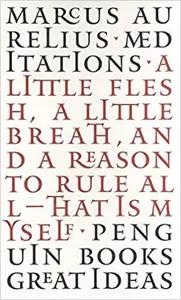
Meditations
Marcus Aurelius
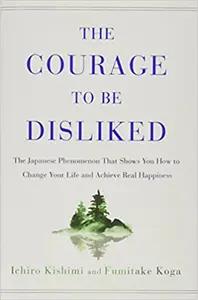
The Courage To Be Disliked
Ichiro Kishimi
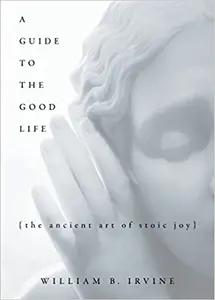
A Guide To The Good Life
William B. Irvine
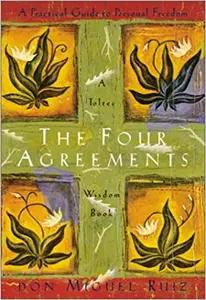
The Four Agreements
Don Miguel Ruiz
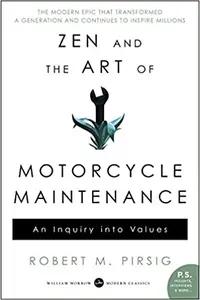
Zen and the Art of Motorcycle Maintenance
Robert M. Pirsig
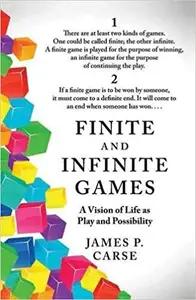
Finite and Infinite Games
James Carse

Letters from a Stoic
Lucius Annaeus Seneca
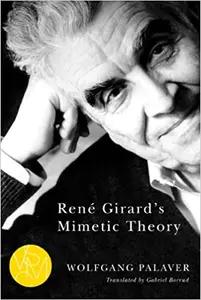
René Girard's Mimetic Theory
Wolfgang Palaver
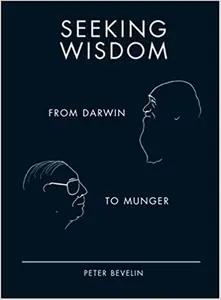
Seeking Wisdom
Peter Bevelin

Spiritual Enlightenment, the Damnedest Thing
Jed McKenna
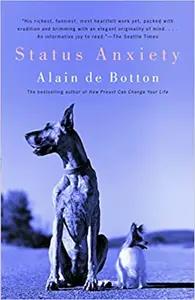
Status Anxiety
Alain De Botton
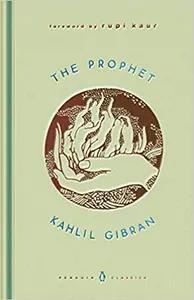
The Prophet
Kahlil Gibran
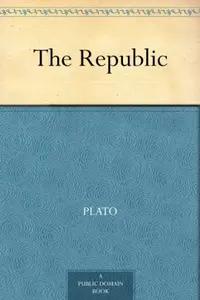
The Republic
Plato
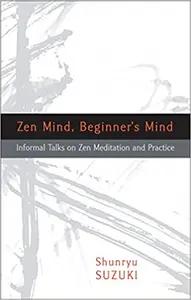
Zen Mind, Beginners Mind
Shunryu Suzuki
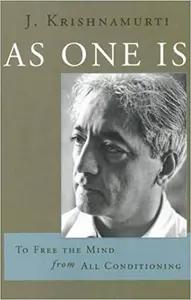
As One Is
Jiddu Krishnamurti

Autobiography of a Spiritually Incorrect Mystic
Osho

Being With Dying
Joan Halifax
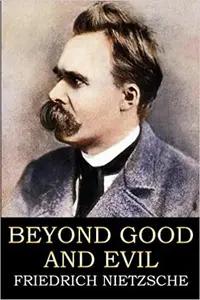
Beyond Good and Evil
Friedrich Nietzsche
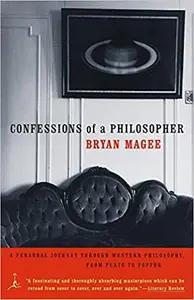
Confessions of a Philosopher
Bryan Magee

Consolations
David Whyte

Courage
Osho
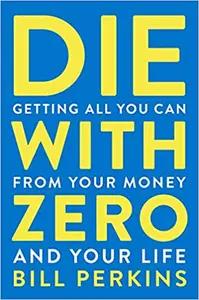
Die With Zero
Bill Perkins
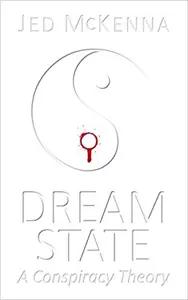
Dreamstate
Jed McKenna
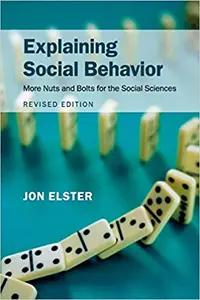
Explaining Social Behavior
Jon Elster
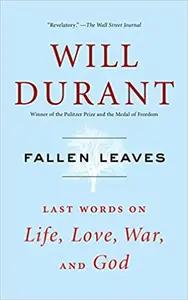
Fallen Leaves
Will Durant
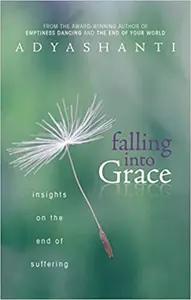
Falling into Grace
Adyashanti

How To Live
Sarah Bakewell

How Will You Measure Your Life?
Clayton Christensen
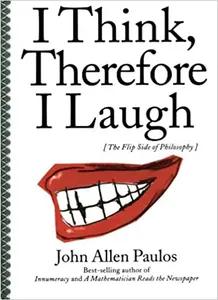
I Think, Therefore I Laugh
John Allen Paulos
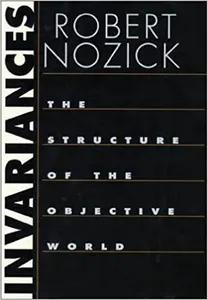
Invariances
Robert Nozick
Popular Books Recommended by Great Minds 📚
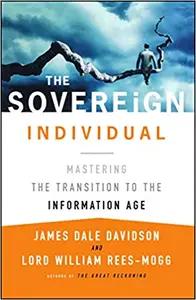
The Sovereign Individual
James Dale Davidson & William Rees-Mogg
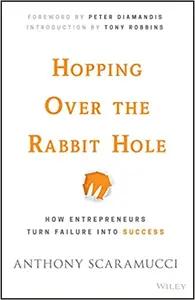
Hopping Over The Rabbit Hole
Anthony Scaramucci
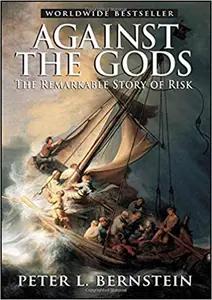
Against The Gods
Peter Bernstein
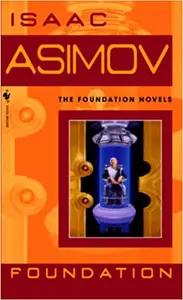
Foundation
Isaac Asimov
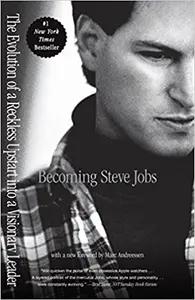
Becoming Steve Jobs
Brent Schlender
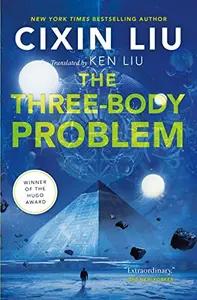
The Three Body Problem
Cixin Liu
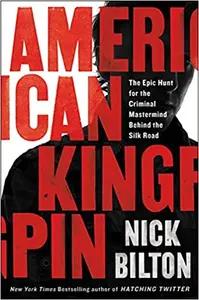
American Kingpin
Nick Bilton
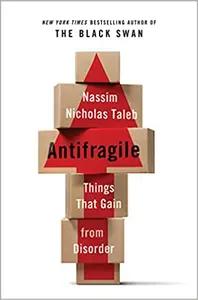
Antifragile
Nassim Nicholas Taleb

The Innovators Dilemma
Clayton Christensen
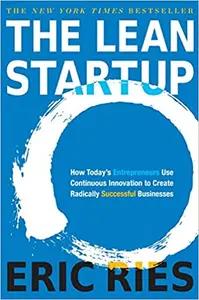
The Lean Startup
Eric Reis
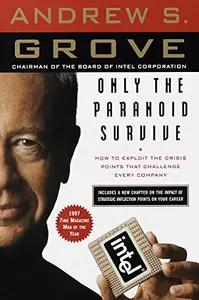
Only the Paranoid Survive
Andy Grove
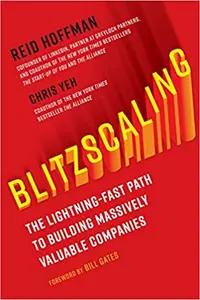
Blitzscaling
Reid Hoffman
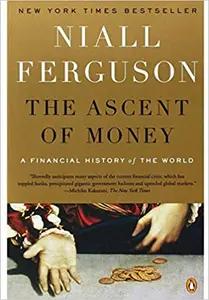
The Ascent of Money
Niall Ferguson
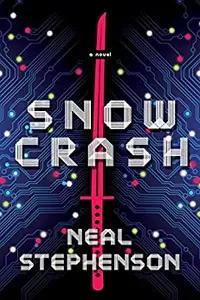
Snow Crash
Neal Stephenson
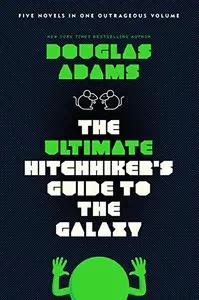
The Hitchhikers Guide to the Galaxy
Douglas Adams
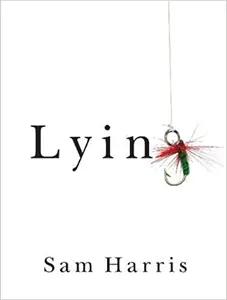
Lying
Sam Harris
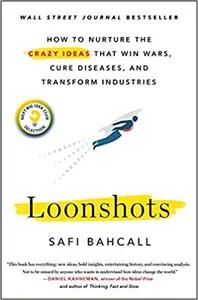
Loonshots
Safi Bahcall
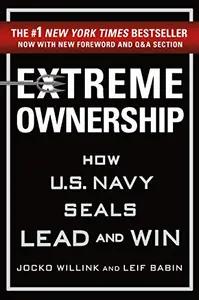
Extreme Ownership
Jocko Willink
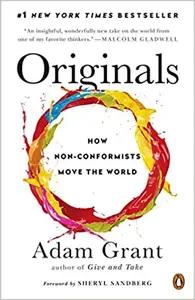
Originals
Adam Grant
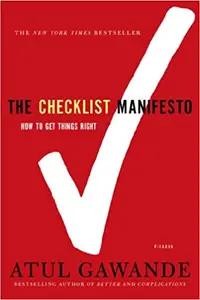
The Checklist Manifesto
Atul Gawande

Poor Charlie's Almanack
Charlie Munger
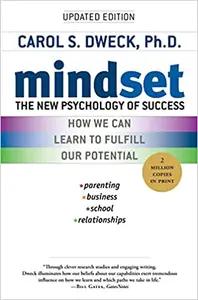
Mindset
Carol Dweck
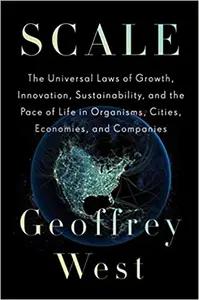
Scale
Geoffrey West
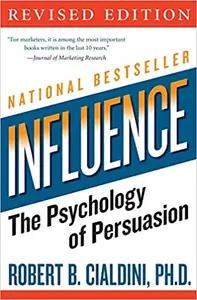
Influence
Robert Cialdini
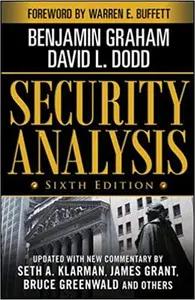
Security Analysis
Benjamin Graham
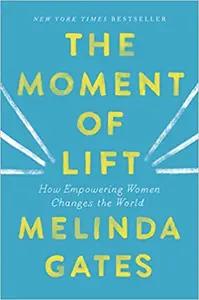
The Moment of Lift
Melinda Gates
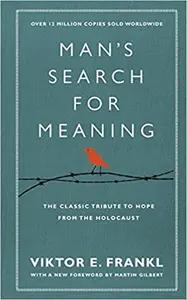
Man's Search for Meaning
Viktor Frankl
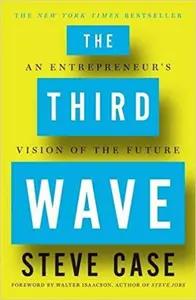
The Third Wave
Steve Case
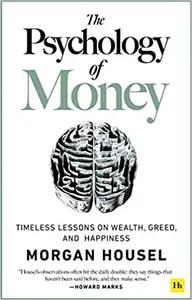
The Psychology of Money
Morgan Housel
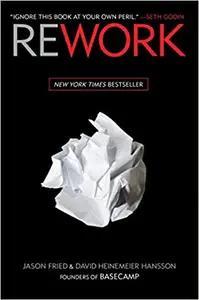
Rework
Jason Fried
